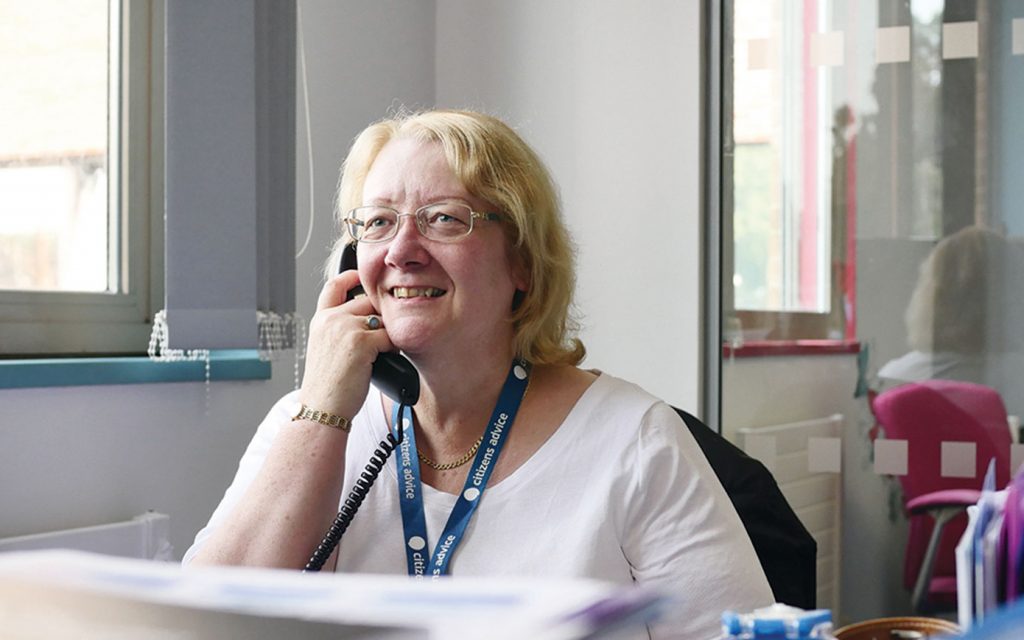Our Losing Myself report demonstrates the significant financial burden on families affected by a brain tumour. One in two people experience financial difficulty and 28% of people living with a brain tumour had to give up work entirely.
The financial hardships our community experiences is echoed in research conducted by Macmillan Cancer Support that suggests as many as 83% of people diagnosed with cancer are on average £570 a month worse off.
Additional costs such as hospital parking, travel, household bills and medicine exacerbate the pressure. For example, the research conducted by Macmillan found that the cost of travel to and from appointments affected 69% of people with cancer with an average cost of £170 per month.
Young people can be particularly financially vulnerable when being treated for cancer as they are more likely to be in education or entry level employment and are less likely to have a safety net of years of saved income.
The family of someone living with a brain tumour often has to make financial, career and lifestyle sacrifices to deliver care. Losing Myself showed that 20% of people affected by a brain tumour a partner had to give up work or reduce working hours in order to provide care.
Our Losing My Place: The Reality Of Childhood With A Brain Tumour report revealed that 83% of parents said that their working life had been moderately or severely affected by their child’s brain tumour diagnosis and treatment.
Research by CLIC Sargent shows that 55% of parents with children affected by cancer who responded to their had taken unpaid leave. The impact of this reduced income is often worsened by additional costs for parents affected by brain cancer. On average they spend an extra £367 per month or £4,400 per year to care for their child after a diagnosis of cancer.
To help support our community with the financial impacts they experience, we fund a benefits and money clinic in partnership with Rushmore Citizens Advice. It operates nationally, running every Tuesday and Thursday from 9.30am-4.00pm.
Julia Baker was diagnosed with a grade two meningioma and was forced to take leave from work as a result of her condition. In the months since her diagnosis Julia’s life has been plagued with uncertainty.
As well as a deterioration in health and a lack of clarity about the treatment she’ll receive, she isn’t sure if she can support herself financially. Even though she doesn’t feel well enough to work and may need further treatment, Julia may have no choice but to return to work.
This is a familiar story for many people affected by a brain tumour. Even with personal independence payments, a small benefits payment and the support of a partner, our community is full of people who have to return to work to support herself despite not having fully recovered from treatment.
Julia believes that if she had been made aware of what benefits she was entitled to at the point of diagnosis the situation may have be quite different. Instead, she must juggle the unpredictable nature of her condition with financial uncertainty.
Julia was able to contact benefits and money clinic to get advice about her options. “Financial matters are a massive worry at any time, particularly when you’re ill and off work,” Julia said. “To be able to contact a dedicated service like this which is staffed by people who understand is invaluable.”
“Julia’s story shows how a brain tumour can turn financial security on its head in just a few months even with a supportive family. Anyone is vulnerable” says Cameron Miller, Operations Manager Central Services.
“When diagnosed with a brain tumour people have a right to have all their treatment options fully explained to them. We believe that the same should apply to them if they need to apply for benefits, they should be given all the facts and have all their options explained.”

Expert benefits & money advice
Last year our Benefits and Money Clinic helped 178 members of our community claim over £450,000!
